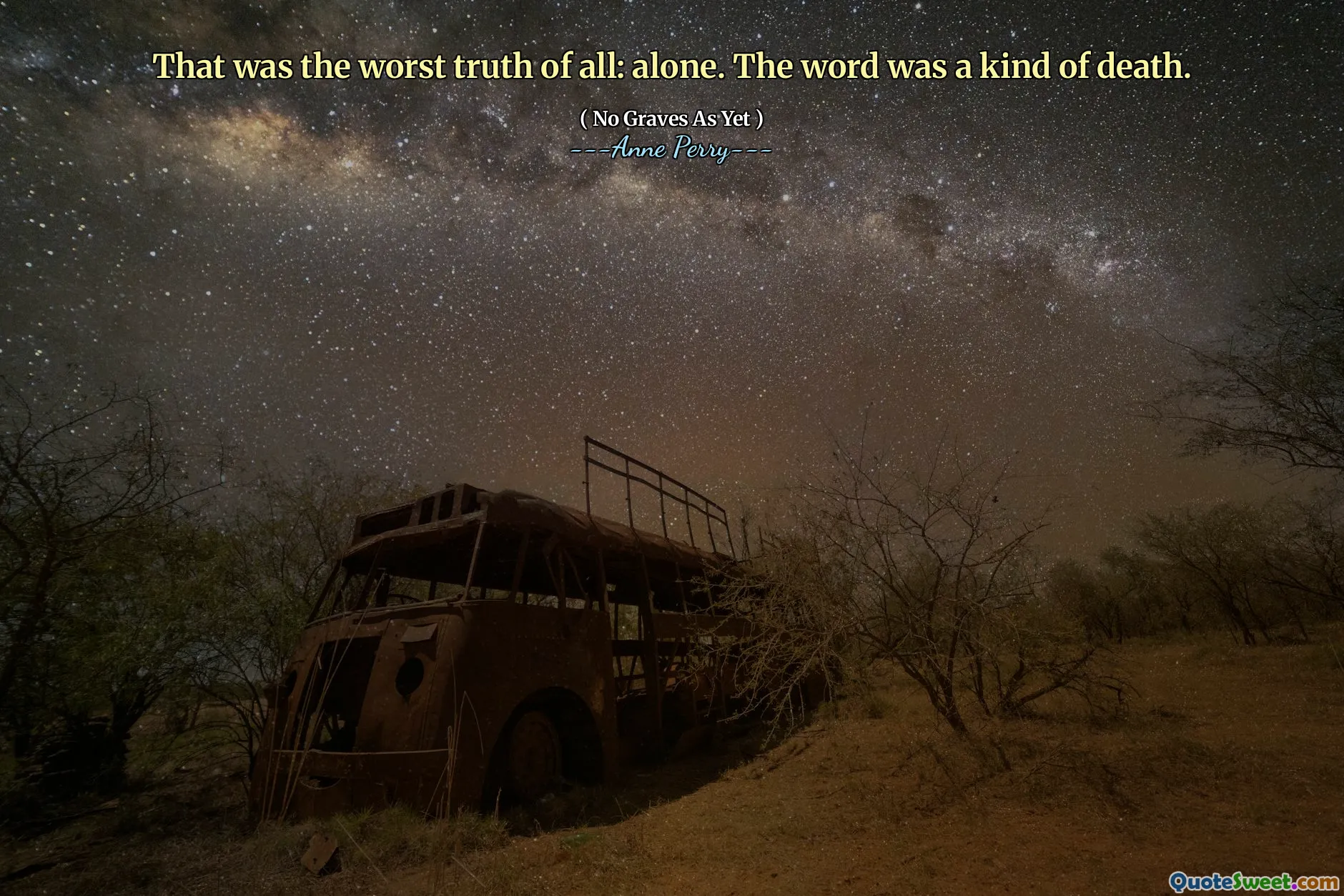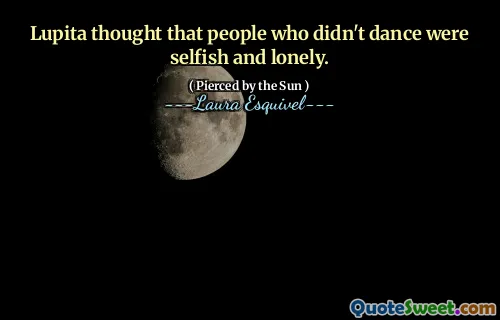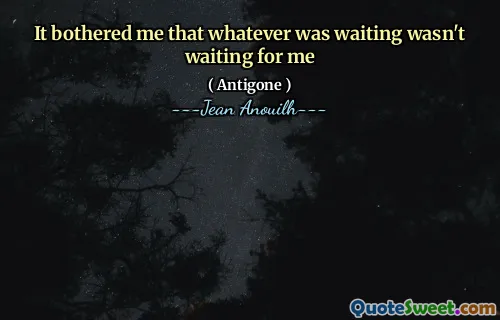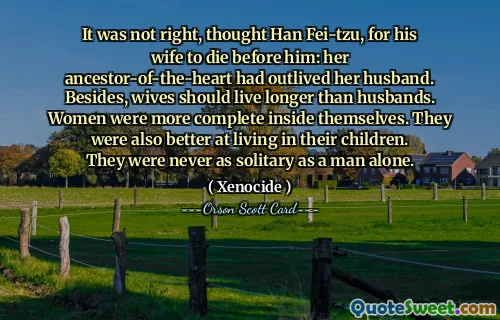
That was the worst truth of all: alone. The word was a kind of death.
Loneliness is a profound and painful state that many people experience at some point in their lives. This quote from Anne Perry's No Graves As Yet encapsulates the cold reality of solitude by equating it to 'a kind of death.' It's a powerful metaphor that conveys how isolating and debilitating the experience of being alone can be. When one faces profound loneliness, it doesn't merely mean physical solitude; it often implies emotional emptiness and a sense of disconnection from the world around them.
The phrasing 'the worst truth of all' suggests that among all the hardships or realities one could face, loneliness is the most devastating. It also hints at an inevitability to this experience, as if this truth cannot be escaped, which can make it feel even more overwhelming. The quote challenges us to consider the vital importance of connections in our lives—the companionship, understanding, and empathy we share with others that breathe life and meaning into our existence.
In reflecting on this quote, it reminds me that combating loneliness requires both personal resilience and societal compassion. It's a call to action to reach out and support those who may feel invisible or abandoned. It also emphasizes the need for self-reflection about how we perceive and handle solitude ourselves. While some degree of solitude can lead to growth and introspection, the version described here is devoid of solace and is akin to an existential void. Anderson Perry’s words are haunting and prompt a deeper awareness of our fundamental need for human connection.






